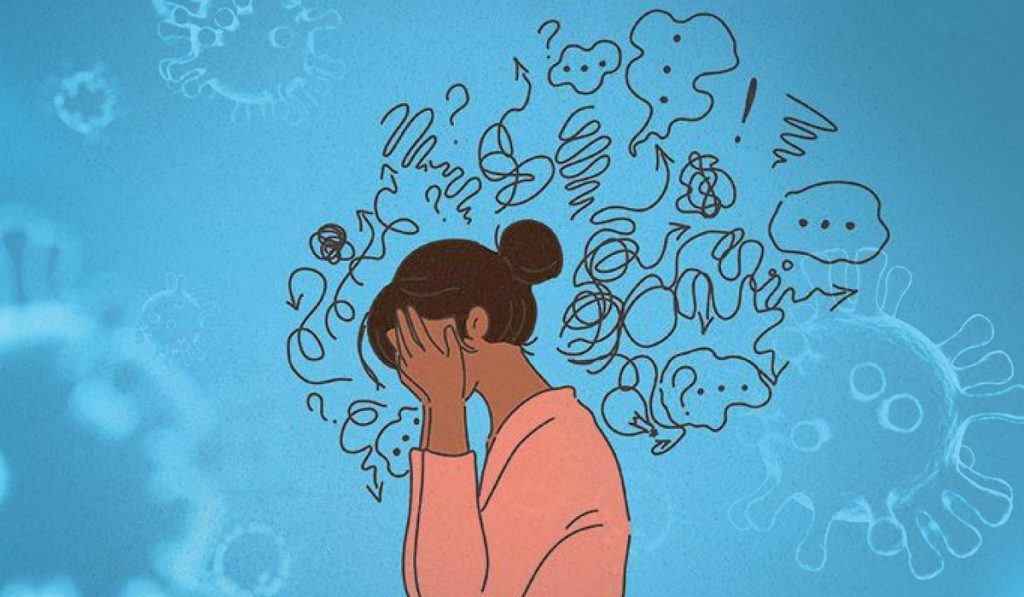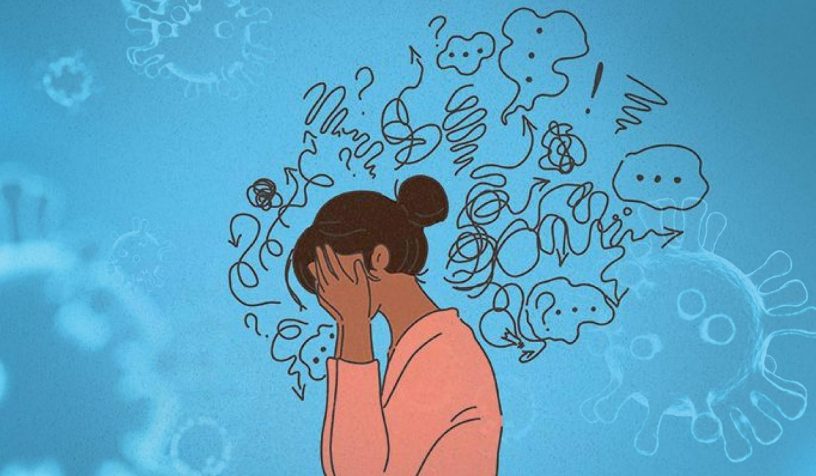
Along with other measures to contain the spread of COVID-19, mental health of citizens needs the urgent attention of the Indian government and mental health experts.
Authors
Shankey Verma, Adjunct Faculty, Jindal Institute of Behavioural Sciences, O.P. Jindal Global University, Sonipat, Haryana, India.
Aditi Mishra, School of Forensic Science and Risk Management, Raksha Shakti University, Ahmedabad, Gujarat, India.
Summary
The severe outbreak of COVID-19 has affected the mental health of Indians.
The objective of this article was to find the prevalence rates of depression, anxiety and stress and their socio-demographic correlates among Indian population during the lockdown to contain the spread of COVID-19.
A cross-sectional survey was conducted using an electronic questionnaire. A total of 354 participants were recruited through convenience sampling. Depression, anxiety and stress were measured using Depression Anxiety Stress Scale (DASS-21), a 21-item self-reported questionnaire.
In total, 25%, 28% and 11.6% of the participants were moderate to extremely severely depressed, anxious and stressed, respectively. Binary logistic regressions indicated employment status (odds ratio (OR) = 1.91; 95% confidence interval (CI): 1.072–3.418) and binge drinking (OR = 2.03; 95% CI: 1.045–3.945) were significantly associated with depressive symptoms; gender (OR = 2.17; 95% CI: 1.317–3.589), employment status (OR = 1.77; 95% CI: 1.002–3.141) and binge drinking (OR = 2.62; 95% CI: 1.361–5.048) were significantly associated with anxiety symptoms; and binge drinking (OR = 3.42; 95% CI: 1.544–7.583) was significantly associated with stress symptoms.
Depression, anxiety and stress among Indian population during the lockdown were prevalent. Along with other measures to contain the spread of COVID-19, mental health of citizens needs the urgent attention of the Indian government and mental health experts. Further large-scale studies should be conducted on different professions and communities such as health care professionals and migrant workers and incorporate other mental health indicators.
Published in: International Journal of Social Psychiatry
To read the full article, please click here


